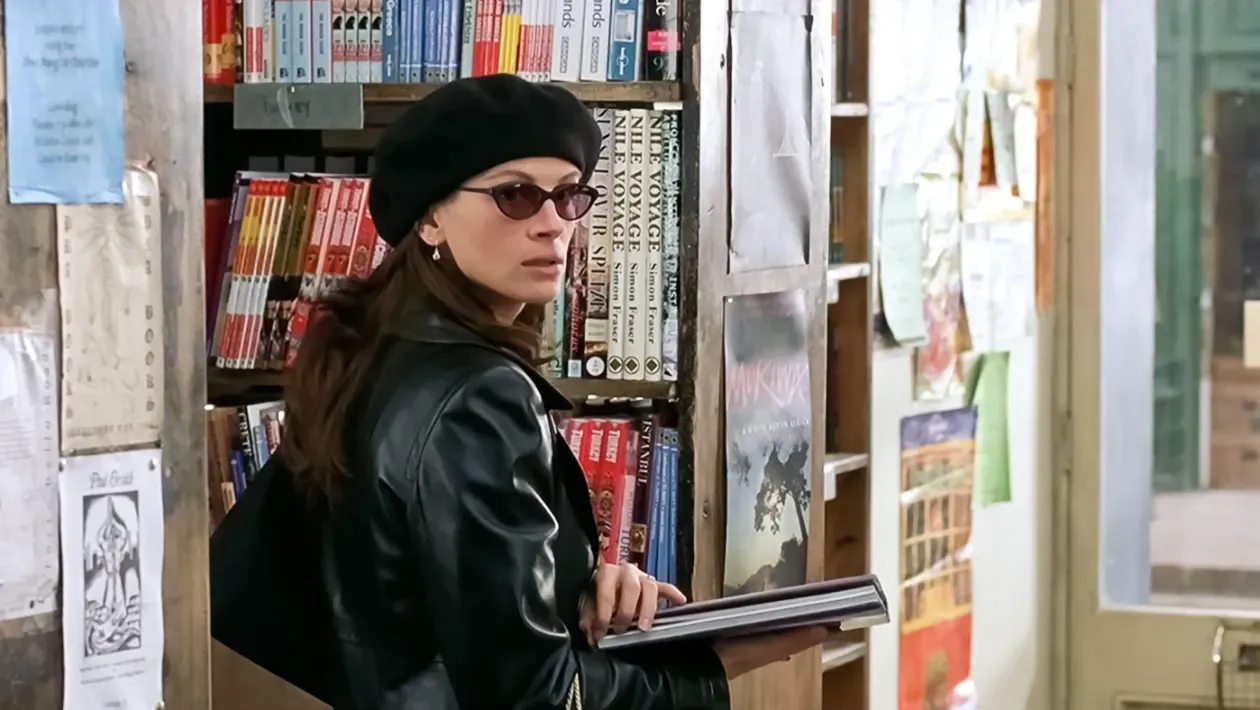By Lauren Durose, Third Year, Liberal Arts
On the 2nd of March, school children across the world dressed up to show off their favourite characters from their most beloved books. I can only imagine that writers found an overwhelming wholesomeness in the images of youngsters portraying the characters they worked so hard to create.
In contrast, when film adaptations are announced, there is regularly a fear amongst readers that these interpretations simply won't do their literary counterparts justice.
Here is my selection of all those that do.
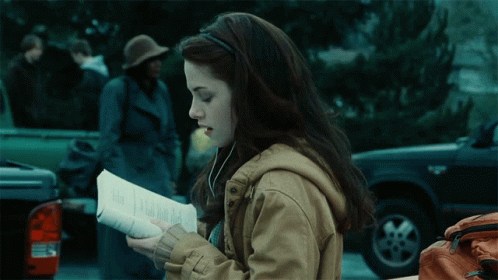
Fantastic Mr. Fox (2009)
With the current conversation surrounding the editing of Roald Dahl's books, I was wary of including this film, but whilst Dahl is a controversial and problematic character himself, Wes Anderson's adaptation of Fantastic Mr Fox is one I consider perfect.
Anderson's renowned stylistic cinematography sets this film apart from any other adaptation of Dahl’s works. The combination of stunning animation, vibrant colours, and attention to intricate details makes this movie an undeniably incredible film that is enjoyable for all demographics. Anderson’s talent is matched by that of the star-studded cast; the likes of Meryl Streep, Willem Defoe and Bill Murray deliver noteworthy performances, and still, George Clooney’s exquisite depiction of the protagonist outshines them all.
Whether it's Mr Fox’s idiosyncratic whistle or the children’s song to denounce the gluttonous Boris, Bunce and Bean, this movie encapsulated the mischievous energy that characterised so many of Dahl’s stories.
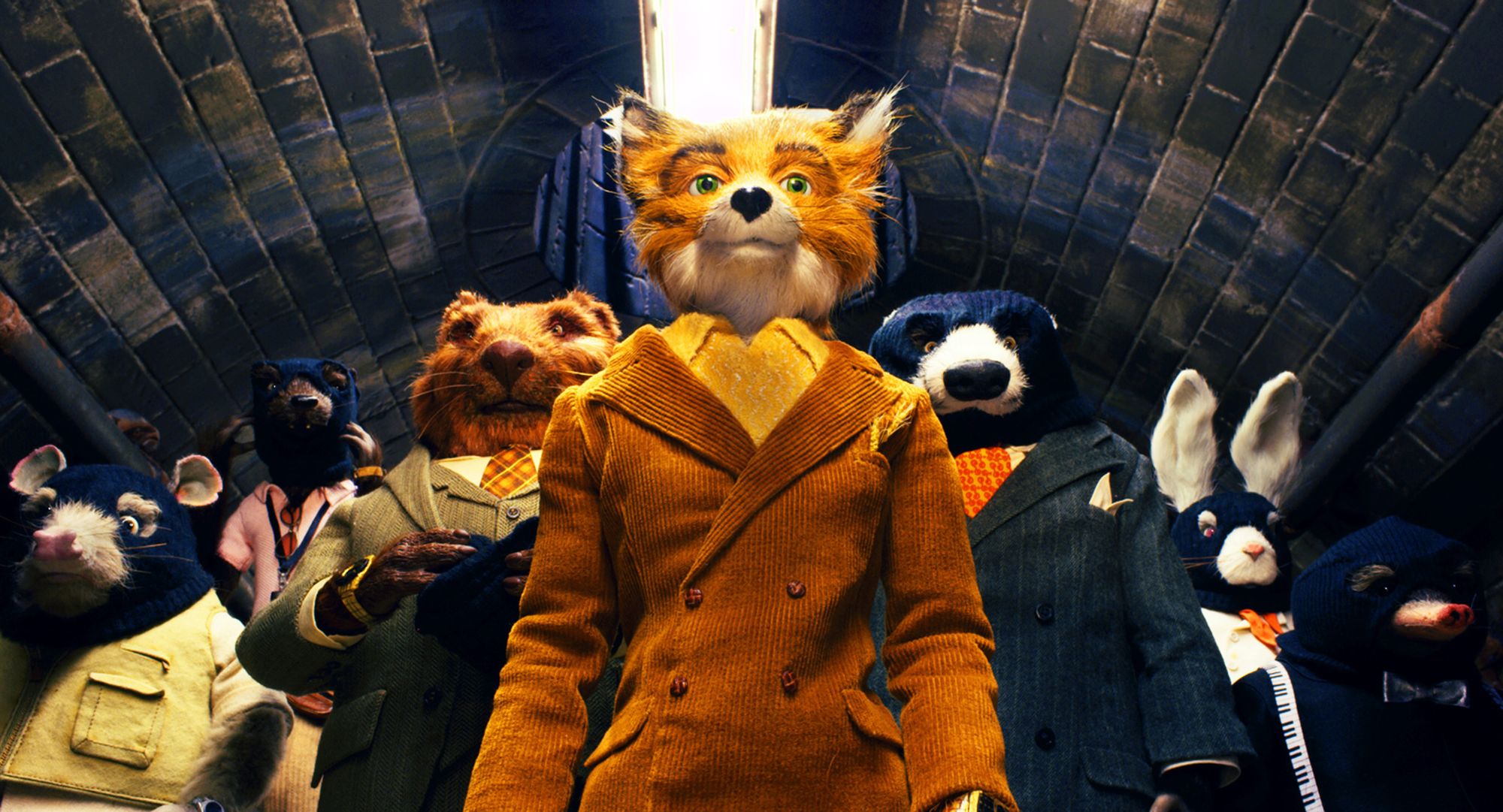
The Wizard of Oz (1939)
Were you aware that Buddy Ebsen, originally cast as the Tin Man, was hospitalised only nine days into filming after the makeup used to transform him into the metallic man turned out to be poisonous?
Regardless, Baum's tale of a young Dorothy (Garland) and her companion Toto being whisked away to a land of munchkins and flying monkeys is one that has inspired a multitude of films, tv shows, musicals and other literary works. However, I believe it is Victor Fleming's movie adaptation that is the best portrayal of this fictional world. With technicolour having been introduced only seven years prior, the vivid significance of the yellow brick road, ruby red slippers, and emerald city enhances the imaginative land Baum described.
Despite its age, The Wizard of Oz continues to be a classic, and deservedly so. The story is one that has been adapted continuously from The Wonderful Wizard of Oz (1910) to Disney's Oz, The Great and Powerful (2013). Yet, Fleming's creation is undeniably the most iconic, the most relevant, and does Baum's tale the most justice.
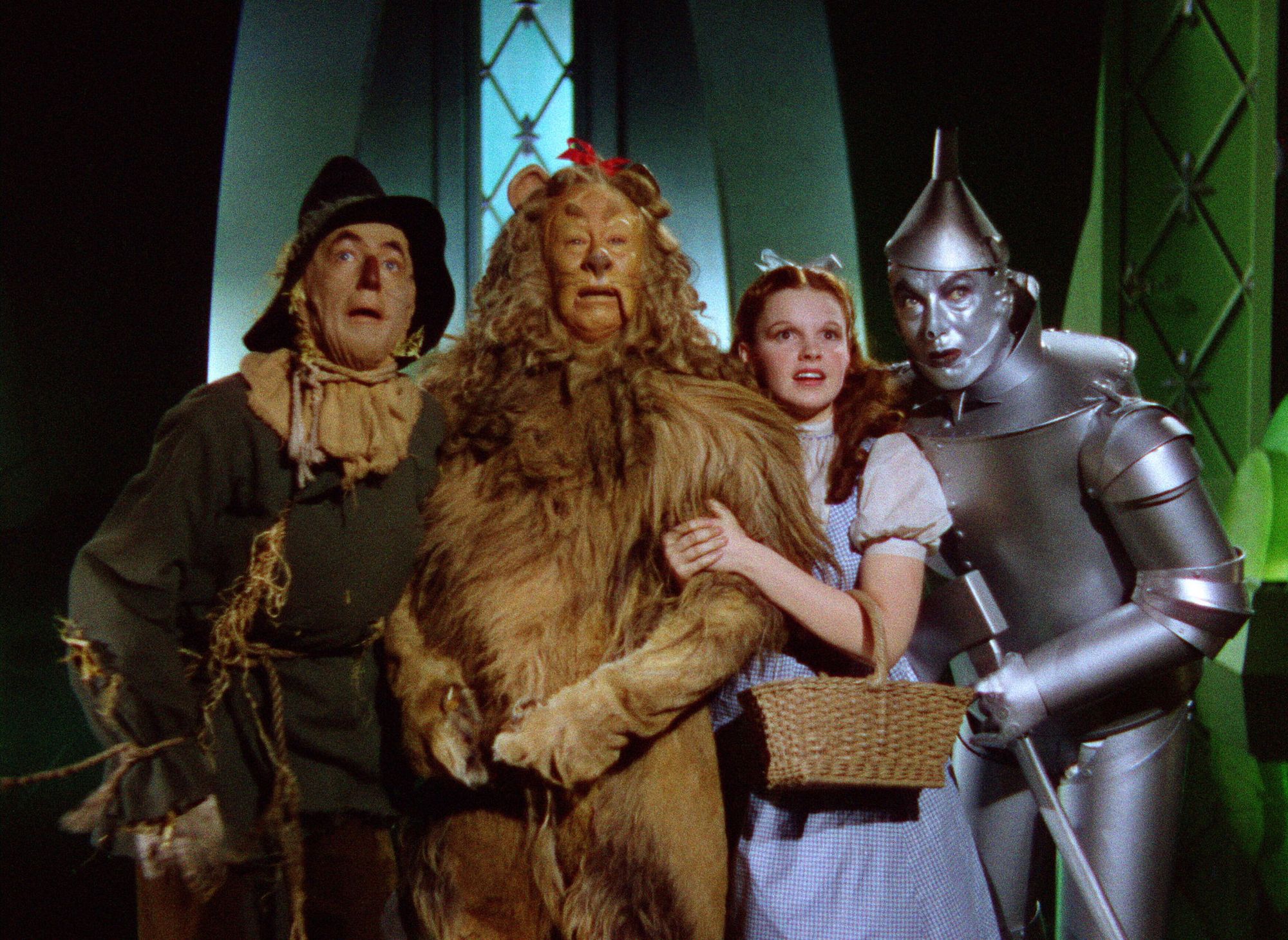
Hidden Figures (2016)
Margot Lee Shetterly's novel tells the story of Katherine G. Johnson (Henson), Dorothy Vaughan (Spencer) and Mary Jackson (Monae), the real women whose significant and substantial involvement in the American 'Space Race' went unacknowledged for fifty years.
Of course, the biographical nature and non-fictional genre lead to a high level of accuracy in its adaptation, probably more so than other films in this list, but my inclusion of it is mainly due to the enormity of the performances the lead actresses give. Whilst there is a predominant focus on Johnson’s story, and Taraji P. Henson delivers awe-inspiring monologues, the relationships between the entire ensemble are what make this movie such a success.
It is no wonder that Melfi's adaptation was nominated for over 90 awards, winning more than a third, when every aspect of this film was so flawlessly curated.
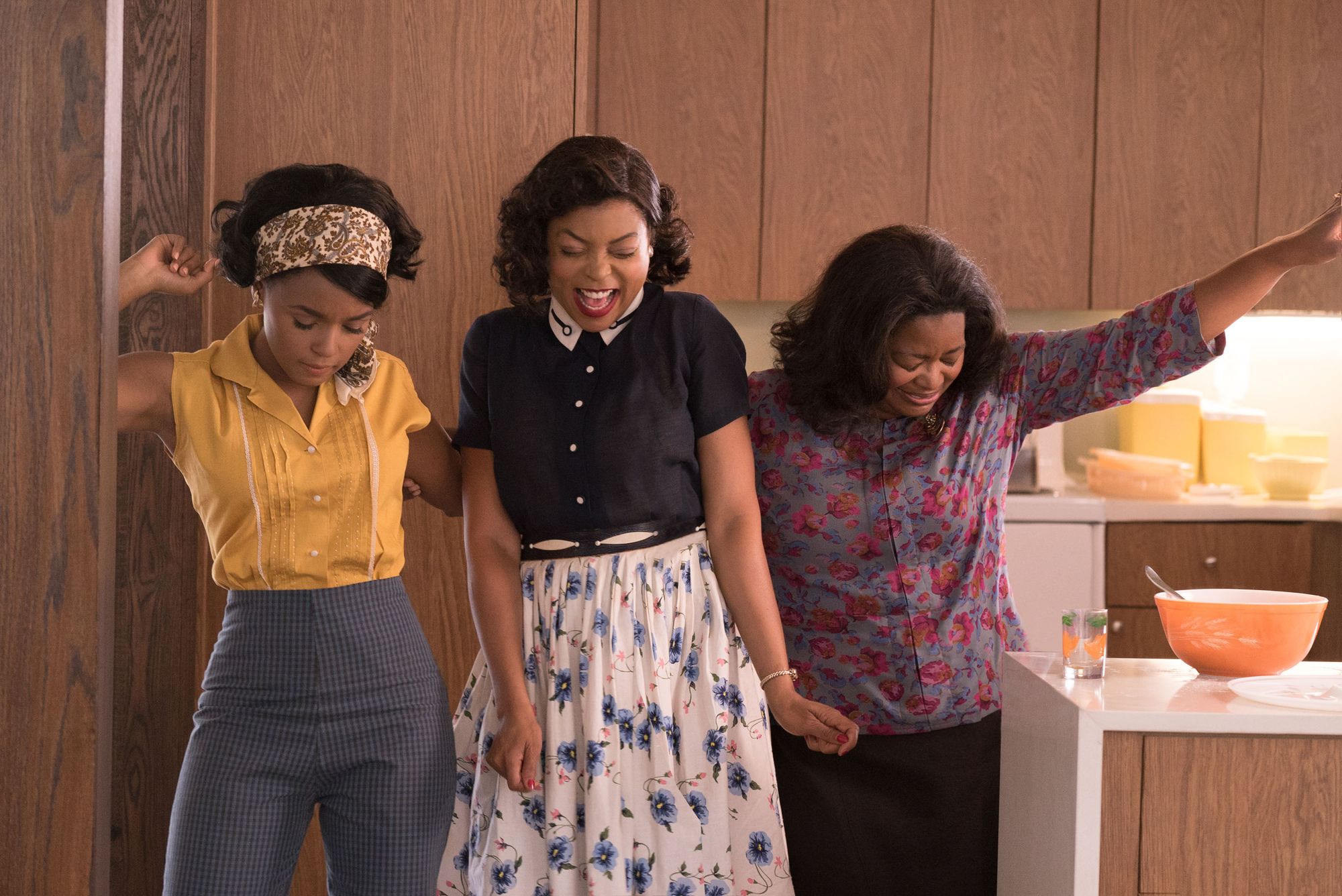
The Devil Wears Prada (2006)
I haven't actually read Lauren Weisberg's The Devil Wears Prada; in fact, I only recently became aware that it originated as a book.
David Frankel's adaptation is widely known, loved by many and generally just a good film; its solid position within the multitude of great noughties romcoms makes me believe it can also hold its own in this category.
Weisberg's novel sets the stage for ambitious women to succeed despite hostile work environments and toxic relationships. I've heard that the ending of the novel is kinder to the character of Miranda Priestly, but I personally cannot think of better character development and plot lines than that of the film.
With a great soundtrack, memorable characters, and an iconic opening scene, The Devil Wears Prada (2006) has to be as good on the screen as on the page.
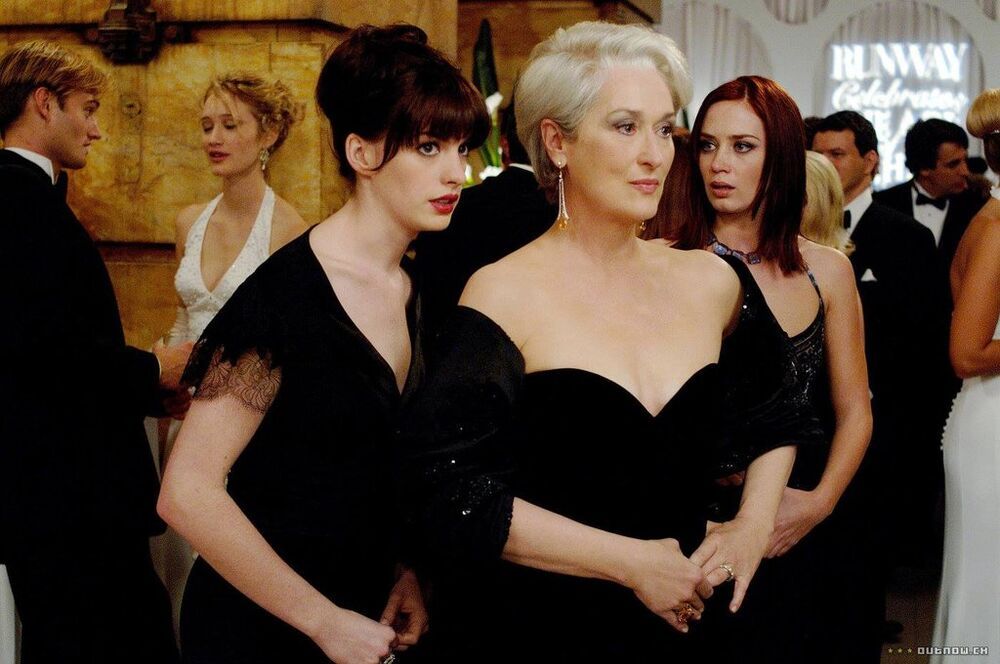
The Hunger Games (2012)
Competing alongside Harry Potter (1997), The Maze Runner (2014), Divergent (2014) and Percy Jackson (2010), it was hard to pick which Young Adult (YA) novels were adapted best, but ultimately I decided upon Suzanne Collins' The Hunger Games series.
This may partially be due to her lack of cringey characters and general unproblematic writing, but I think with its perfect casting, intricately crafted relationships, and the superiority of the costume department, this movie easily graduates from the stereotypes of the YA genre to stand alone as an impeccable movie series.
With the prequel set to be released this year, many fear whether it can live up to the original movies; the concern that the fans exhibit only helps to exemplify the magnitude of these films and the influence they had on a generation.
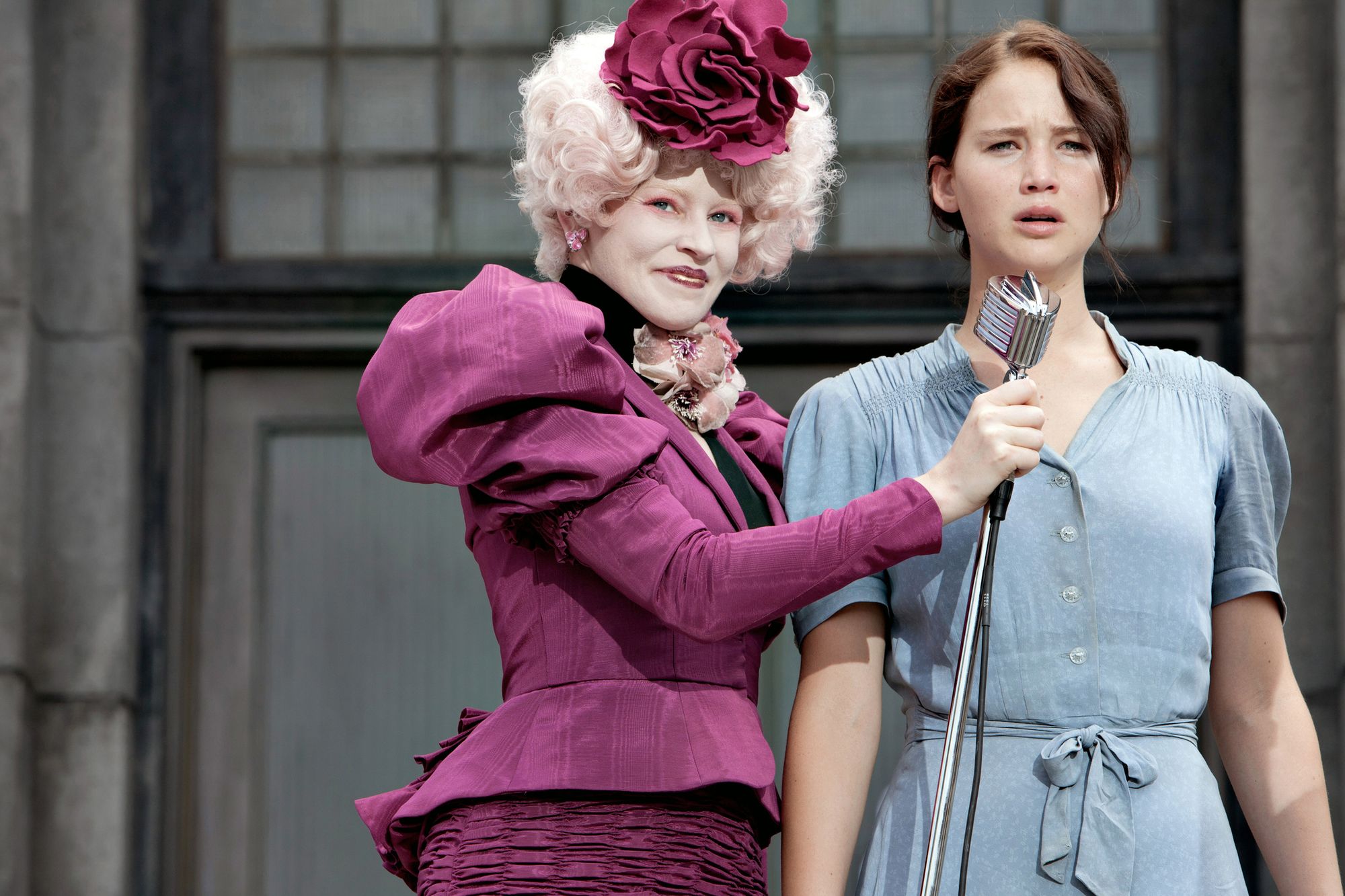
Of course, I could go and mention a variety of other adaptations like Breakfast at Tiffany’s (1961), Little Women (2019) or even The Princess Diaries (2001); I think what all the aforementioned films project is that whilst it is literature that creates the ability for these tales to be translated onto the screen, the movie adaptations have the capacity to elevate their original texts.
Featured Image: Notting Hill (1999) / Courtesy of UIP on IMDB
What is your favourite book to film adaptation?

